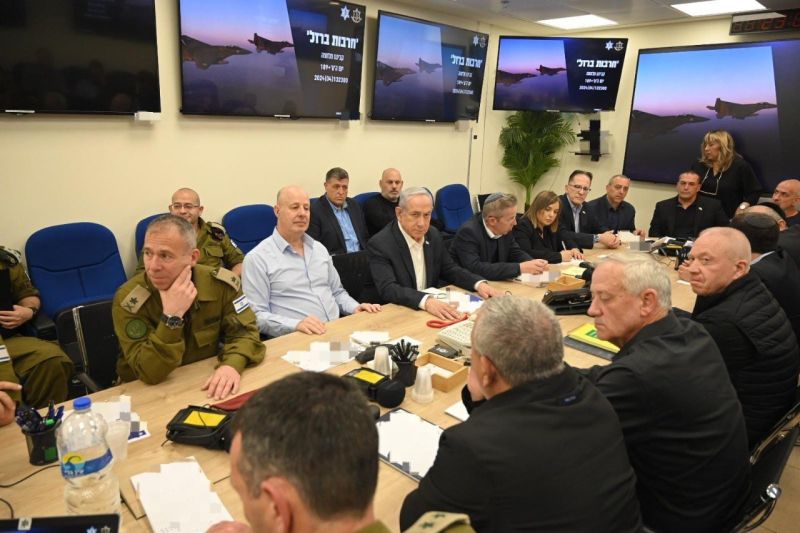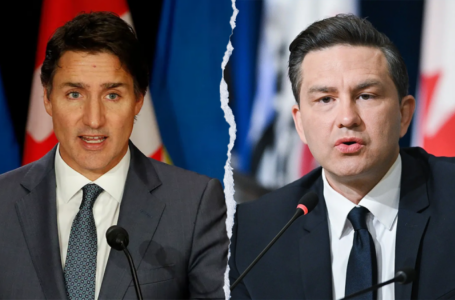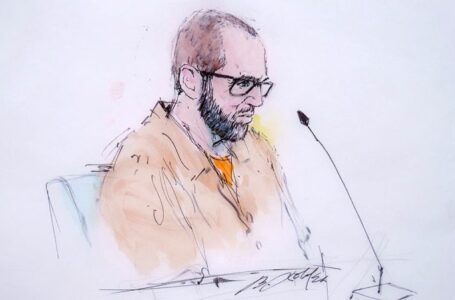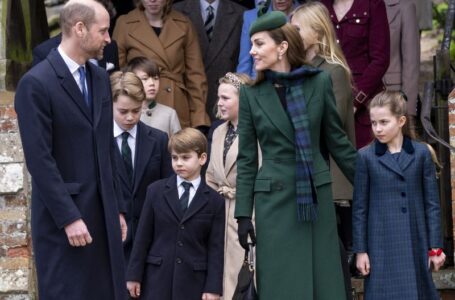Israeli military says hostage found dead in Gaza tunnel, ‘grave concerns’ for second captive
Israel war cabinet still debating how to respond to Iran attack, Israeli officials say


The war cabinet remains determined to respond to Iran’s attack, but as it convenes Monday afternoon, its members continue to debate the timing and scope of such a response, the officials said. In addition to a potential military response, the war cabinet is also mulling diplomatic options to further isolate Iran on the world stage.
Benny Gantz, a key member of the war cabinet, has pushed for a swifter response to Iran’s attack, two Israeli officials said. Prime Minister Benjamin Netanyahu has so far pumped the brakes on making a decision.
Gantz believes that the longer Israel delays its response to Iran’s attack, the harder it will be to garner international support for such an attack, the sources said. Multiple countries are already cautioning Israel against escalating the situation further with a military response.
Israel’s government is aware that the country is currently enjoying international support and good will from its allies and does not want to squander that. At the same time, the government recognizes that it cannot allow Iran’s first attack on Israeli soil to go unanswered.
Among the military options that are being considered, the war cabinet is consider an attack on an Iranian facility that would send a message, but would avoid causing casualties, one Israeli official said.
But Israeli officials recognize that will be a difficult needle to thread, hence the ongoing debate. The timing of a decision remains unclear.
Pressure to de-escalate
Netanyahu has been facing international pressure to de-escalate a fraught situation after Iran’s weekend attack, which saw more than 300 projectiles fired towards Israel, the vast majority of which were intercepted by Israel and its partners.
The attack came in response to a suspected Israeli strike on an Iranian diplomatic complex in Syria earlier this month, which killed at least seven officials including Mohammed Reza Zahedi, a top commander in Iran’s elite Revolutionary Guards (IRGC), and senior commander Mohammad Hadi Haji Rahimi.
An hours-long war cabinet meeting on Sunday ended without a decision on how Israel will respond to Iran’s attack, an Israeli official said.
Biden told Netanyahu he should consider the events of Saturday night a “win” as Iran’s attacks had been largely unsuccessful, and instead demonstrated Israel’s “remarkable capacity to defend against and defeat even unprecedented attacks.”
But Gantz urged on Sunday the need to “build a regional coalition and exact a price from Iran, in a way and at a time that suits us.”
Israel and Iran have long been rivals, but tensions escalated in the wake of Hamas’ attacks on Israel, which left about 1,200 people dead. Iran backs a web of proxies across the Middle East that have frequently clashed with Israel since the attacks.











